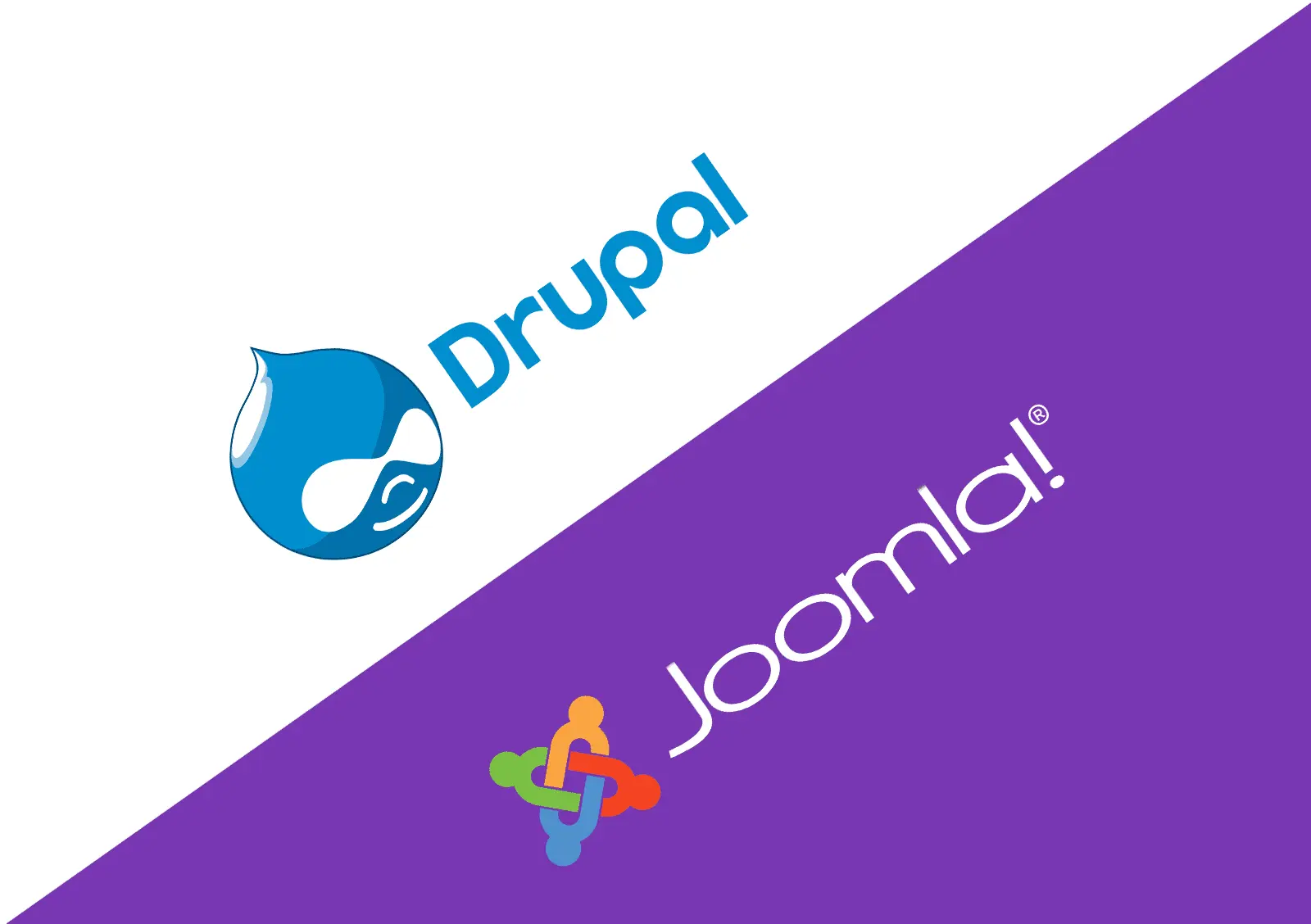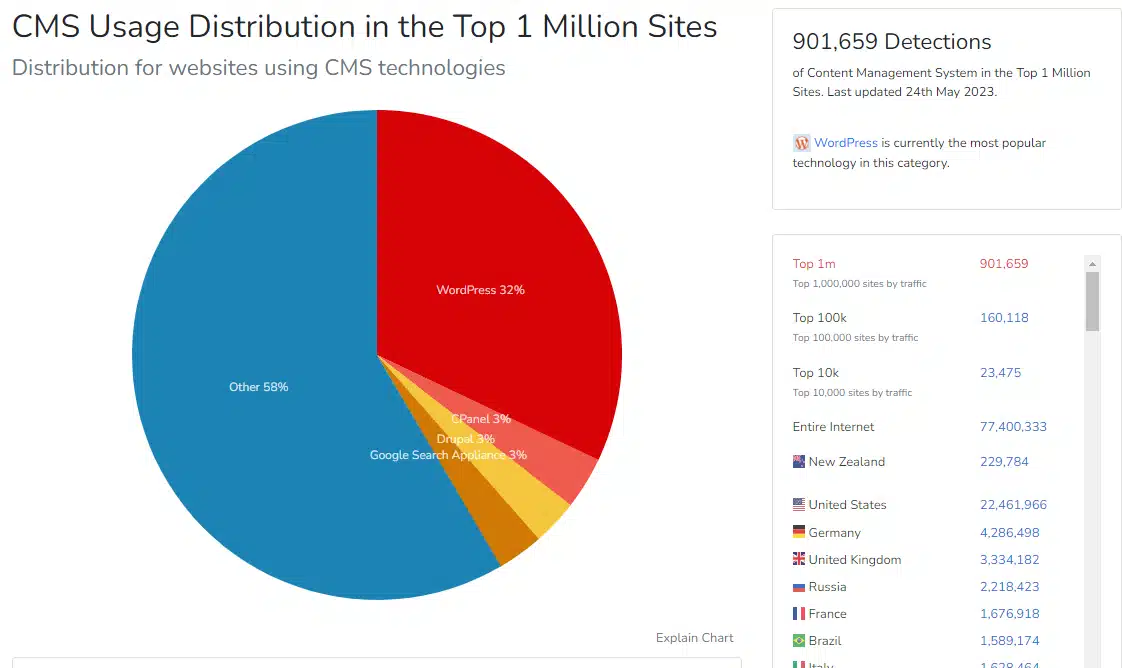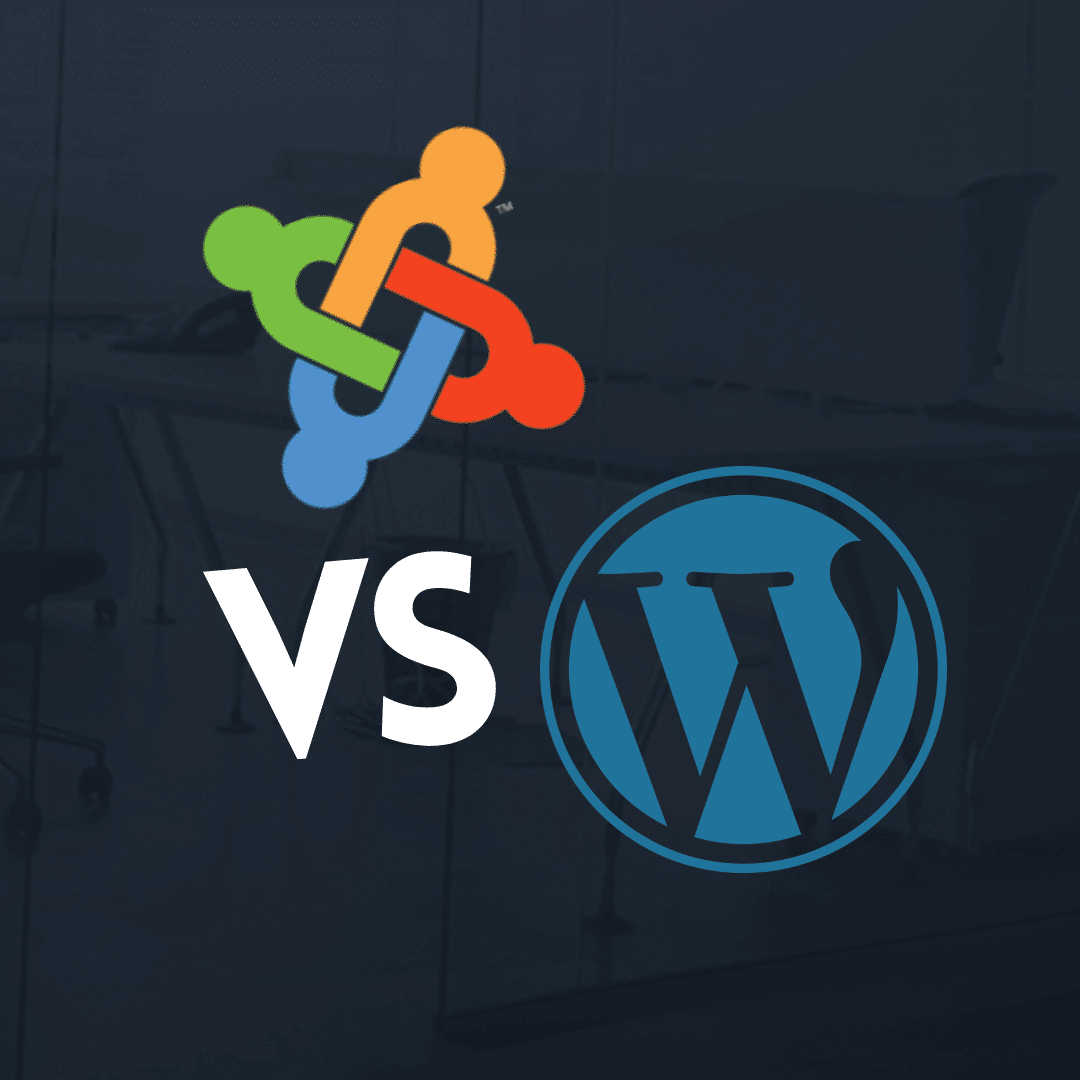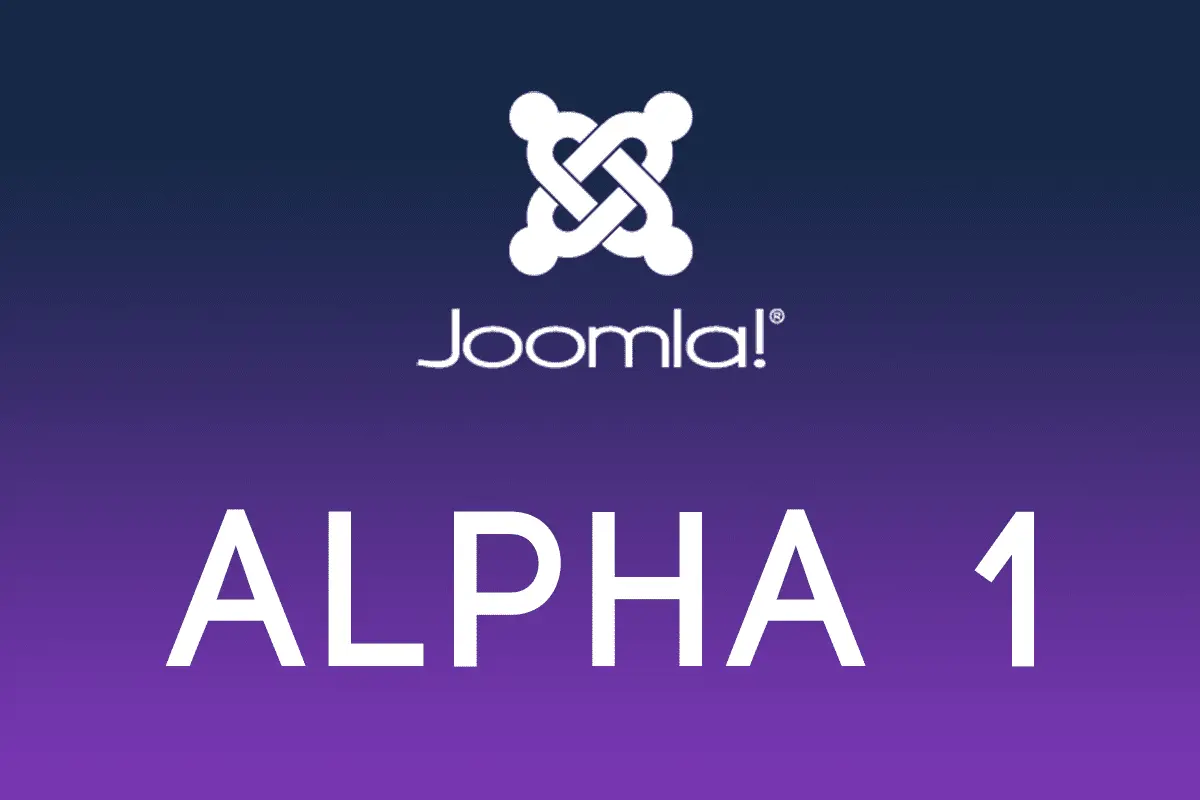Introduction to Joomla and Drupal
Joomla and Drupal are both free and open-source content management systems, making them accessible and affordable to a wide range of users. Both platforms offer robust functionality, and extensive customisation options, and are supported by active communities. However, each has unique strengths and potential challenges that can influence which is the best choice for your needs.
Joomla is celebrated for its balance between functionality and ease of use. It’s equipped with a user-friendly interface, a wide array of extensions, and superior multilingual support. Its versatility makes it an excellent choice for managing everything from simple blogs to complex corporate websites.
Drupal, conversely, is renowned for its powerful and flexible framework. It’s highly scalable and possesses an impressive security record, making it a favourite for large, high-traffic websites. However, this power often comes with a steeper learning curve.
Comparative Analysis of Joomla and Drupal
While both Joomla and Drupal are free to use, they may entail additional costs depending on your website’s needs. For instance, you might opt to use premium third-party extensions or themes, which can come with a price tag.
Ease of Use: Joomla’s intuitive interface and drag-and-drop content editor make it more approachable for beginners or those with less technical experience. While extremely powerful, Drupal uses a more traditional text editor and often requires a higher degree of technical knowledge, making it more intimidating for newcomers.
Extensions and Themes: Both platforms offer extensive libraries of extensions and themes. Joomla’s extensions are generally more straightforward to install and manage, while Drupal’s modules provide advanced functionality but can be more complex.
Performance and Scalability: Drupal stands out for its excellent scalability and performance, making it well-suited for high-traffic sites. Joomla also performs well but may require additional optimisation for large-scale sites.
Security: Drupal has a stellar reputation and is often chosen for projects where safety is paramount. Joomla also offers robust security features, but it requires more attention to configuration and regular updates to maintain a secure environment.
Community and Support: Both platforms have large, active communities that provide substantial support and resources. However, because of Drupal’s complexity, its community can be more developer-focused, while Joomla’s community is often more accessible to beginners. This accessibility extends to the support available for each platform. Joomla’s support community is approachable for beginners, while Drupal’s support is more developer-focused, which might necessitate more extensive training for new users.
Key Features and Benefits of Both Platforms
Joomla’s Key Features:
- User-friendly with a moderate learning curve
- Excellent multilingual support out-of-the-box
- Wide variety of extensions for added functionality
- Flexible templating system
Drupal’s Key Features:
- Highly customisable and powerful
- Excellent scalability, suitable for high-traffic websites
- Strong security features
- Advanced taxonomy system for content organisation
Case Studies: Successful Websites Built with Each
Joomla: The official website of the Greek Government is a notable Joomla website. It provides comprehensive information and e-services to its citizens, showcasing Joomla’s ability to handle complex content structures, multilingual content, and high traffic. The site receives millions of visitors each year.
Drupal: The official website of NASA, a high-profile Drupal website, demonstrates Drupal’s scalability, its ability to manage vast amounts of content, and its robust security. This site handles millions of visitors each month, signifying the capabilities of Drupal in managing high-traffic websites.
Additional Comparisons
Cost: Both Joomla and Drupal are free to use, but there may be additional costs associated with using them, such as the cost of hosting your website, the cost of premium extensions or themes, or the cost of hiring a developer to help you customise your website.
Time to market: Joomla is generally easier to set up and configure than Drupal, so it may be a better choice if you need to get your website up and running quickly. Drupal can be more complex to set up, but it offers more flexibility and customisation options, so it may be a better choice if you need a more powerful and feature-rich website.
Support: Both Joomla and Drupal have large and active communities that offer support and resources. However, Joomla’s community may be more accessible to beginners, while Drupal’s community may be more developer-focused.
In conclusion, the choice between Joomla and Drupal largely depends on your specific needs, technical skills, and the nature of your project. Joomla might be a better option for those seeking a balance between power and user-friendliness, while Drupal could be the ideal choice for large-scale projects requiring advanced functionality and high security. Consider the features, benefits, and case studies of both platforms to make an informed decision that best suits your website needs. For more insights, you can check out our tutorials and guides or stay updated with the latest Joomla news.






